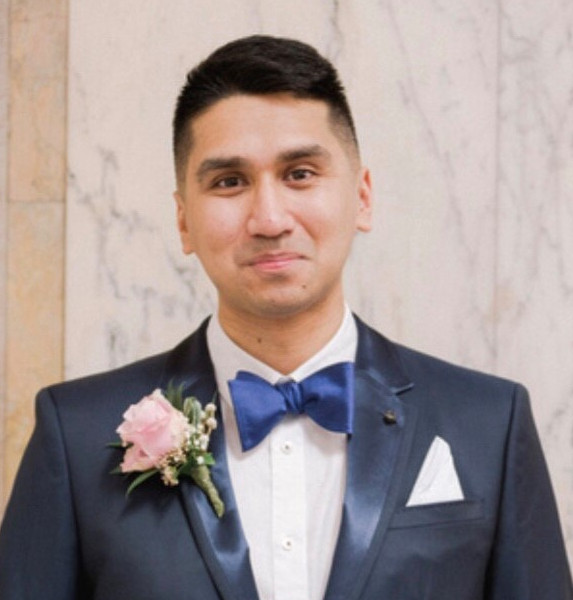Medical Education
Medical education covers a wide breadth of interests and activities that can be summarised by Harden et al. and the defined 12 roles of the clinical teacher. The Academy of Medical Educators has also outlined five domains for the discipline.
Section J of the Respiratory Curriculum specifies the knowledge, skills and behaviours trainees need to demonstrate prior to CCT in the field of medical education. This is not only important to fulfill the remit of an individual’s capacity as a consultant, but also to help address the wider issues of sustaining an educational culture in a busy modern healthcare environment, with new professional roles, teams and the demands that this brings.

Image courtesy of https://www.medicaleducators.org/
Training in Medical Education
Trainees are strongly recommended to attend formal training in teaching methods. 1-2 day courses are provided by the Royal College of Physicians and the Royal Society of Medicine.
For those who wish to take their interest further, a formal qualification may be useful and fulfilling to pursue. Courses leading to a PGCert, Diploma or Masters in Medical or Clinical Education are available on a full or part time basis, and may be face-to-face or distance learning. Providers include the Royal College of Physicians and a number of Universities (University College London, The Institute of Education, Universities of Cambridge, Birmingham, Manchester, Edge Hill, Cardiff, Hull, Leeds, Sheffield, Nottingham, Newcastle, Edinburgh and Dundee).
In addition, trainees may wish to have their knowledge and experience recognised through a specialist body, such as the Higher Education Academy.
OOPE in Medical Education
Just as trainees with an interest in research find that time out of training provides opportunities to develop their skills, pursue projects and write academic articles, OOP can be used for similar purposes in medical education. There are now a number of Clinical Teaching Fellow posts available to trainees, which sometimes come with support towards fees for a PGCert or Diploma. Opportunities vary greatly in scope and focus and are available in a number of contexts, from hospital trusts or medical schools, to policy units at the RCP or HEE. As with any other type of OOP it is important to plan ahead and to provide plenty of notice to your TPD. For most training programmes, it is only possible to leave the programme in October or April and 6 months' notice must be given.
The Future of Medical Education
The GMC expects all doctors to demonstrate skills in teaching and training, but acknowledges that some have a specialist interest and take on specialist roles.
The GMC have defined 4 trainer roles which will require recognition:
- Postgraduate roles requiring recognition.
- named educational supervisor.
- named clinical supervisors.
- Undergraduate roles requiring recognition.
- lead coordinators of undergraduate training at each local education provider.
- doctors responsible for overseeing students’ educational progress for each medical school.
For trainees hoping to hold educational roles in the future, it is worth reviewing these requirements and considering how to prove their educational competencies and expertise as they progress towards CCT. It may be worth contacting the director of medical education (DME), postgraduate dean, or head of school of medicine to ascertain opportunities that will help fulfill these remits.
Author: Dr Hussain Basheer

